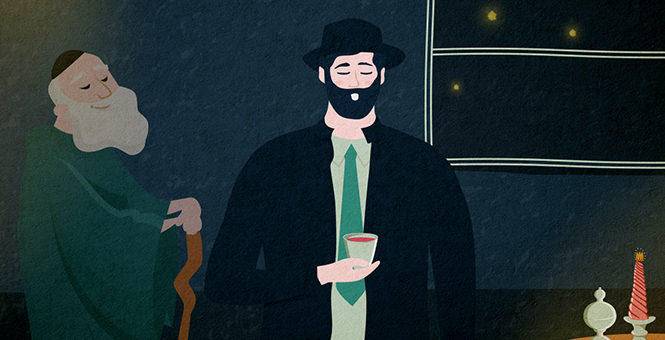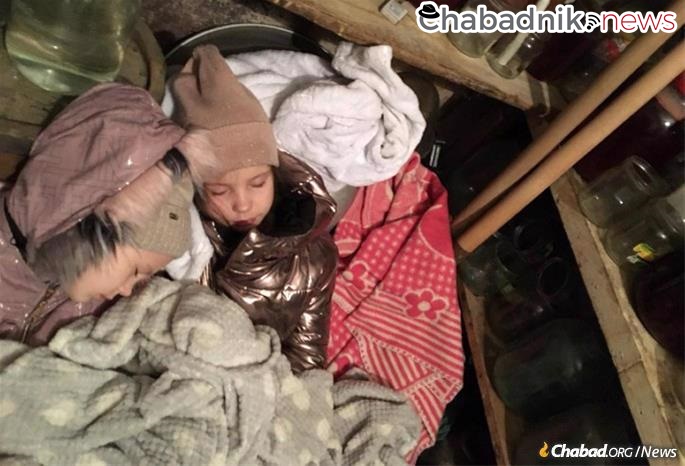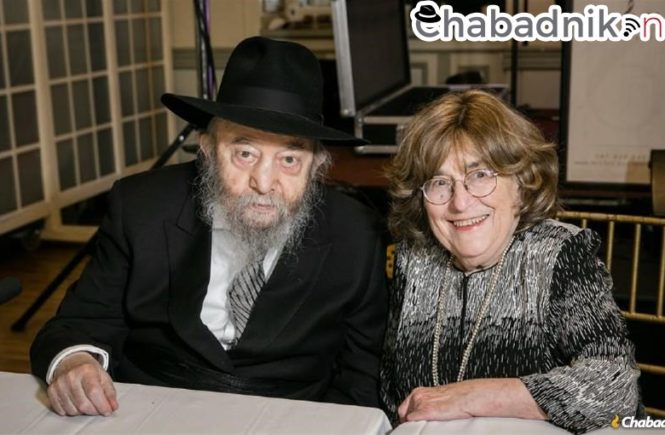There is a widespread custom to sing hymns or at least make mention of the prophet Elijah on motzei Shabbat (Saturday night). As the Code of Jewish Law describes, by mentioning Elijah’s name, we are praying that he “come and proclaim the redemption.”
But what is the connection between Elijah the Prophet and Saturday night?
First Chance to Come
The basic rationale is that Elijah the Prophet is described by the prophet Malachi as the harbinger of the arrival of Moshiach and the final redemption.
The Talmud states that Elijah will not come on a Friday so as not to disturb the Jewish people while they are in the midst of their Shabbat prep.3 Additionally, there is a prohibition against traveling beyond a certain limit on Shabbat (techum Shabbat,2,000 amot outside of the city), and according to the view that this applies to non-terrestrial journeys as well (i.e., traveling higher than ten handbreadths off the ground), Elijah could not come on Shabbat either.
Based on this, once Shabbat has passed, and Elijah can come once again, we mention his name as a prayer that he should indeed come and announce the redemption.
Interestingly, the Rebbe challenged the notion that Elijah cannot come on Shabbat. He noted that if one took a Nazirite vow to start on the day that Moshiach comes, he could be a Nazir on Shabbat as well,indicating that Moshiach (who follows Elijah) could possibly come on this day.
In a fascinating exchange with Rabbi Pinchas Menachem Alter (later to become the Rebbe of Gur) the Rebbe noted that we pray for Moshiach to come each day, including Shabbat. When asked how that fits in with the above statements about Elijah’s coming, the Lubavitcher Rebbe replied that Elijah is destined to answer many of the outstanding complicated questions that the sages have. “Certainly he will be able to come [on Shabbat] and answer how it fits as well.”
Regarding the tradition that Moshiach would not come on Friday, the Rebbe commented: “Certainly the Jews won’t have any complaints if he did come on erev Shabbat, even if it means that they will prepare less food for Shabbat.”
Rabbi Pinchas Menachem replied (and the Rebbe agreed) that it is not only the Jews who are in exile; G‑d, too, is in exile, and He certainly would not have any complaints if Elijah came on erev Shabbat!
He Who Sings Praise Under the Tree
Another reason given for this custom is that it is brought in the name of the Midrash that every motzei Shabbat, Elijah enters the Garden of Eden, sits beneath the Tree of Life, and records the merits of the Jews, especially the merits of those who were careful to keep Shabbat holy.
Making Differentiations
Havdalah, the prayer that demarcates the end of Shabbat and the start of the work week, means “separation.” Indeed, its text praises G‑d who “separates between the holy and the mundane, between light and dark, between Israel and the nations, between the seventh day and the six days of activity.”
This connects to Elijah, who according to some opinions, will be tasked with with differentiating and clarifying the lineage of Jewish families.
One More Shabbat and Moshaich Will Come
According to tradition, if all Jews keep just one Shabbat, Moshiach will come. Thus, at the conclusion of Shabbat, we turn to G‑d saying: We kept Shabbat, now please send Elijah to herald the redemption.
What to Say
There are different customs regarding how the name of Elijah is invoked. Some say it the name a certain amount of times (e.g., they say “Eliyahu Hanavi” 40 times, “Eliyahu Hatishbi” 40 times, “Eliyahu Hagiladi” 40 times, and then recite each one again three times, concluding with “Eliyahu Hanavi,” for a total of 130 times. They then conclude with “bimiheira yavo eileinu im Moshiach ben David,” “he will speedily come to us with Moshiach ben David”). Others recite every verse in Scripture that mentions him by name, while many simply sing or recite a hymn that mentions his name.
Mentioning Elijah on motzei Shabbat is said to be a remedy (segulah) for forgetfulness and brings forth blessings for a successful week.
Of course, the main point is that we start off the weekday with a fervent prayer that Elijah herald the final Redemption. May it be speedily in our days!




